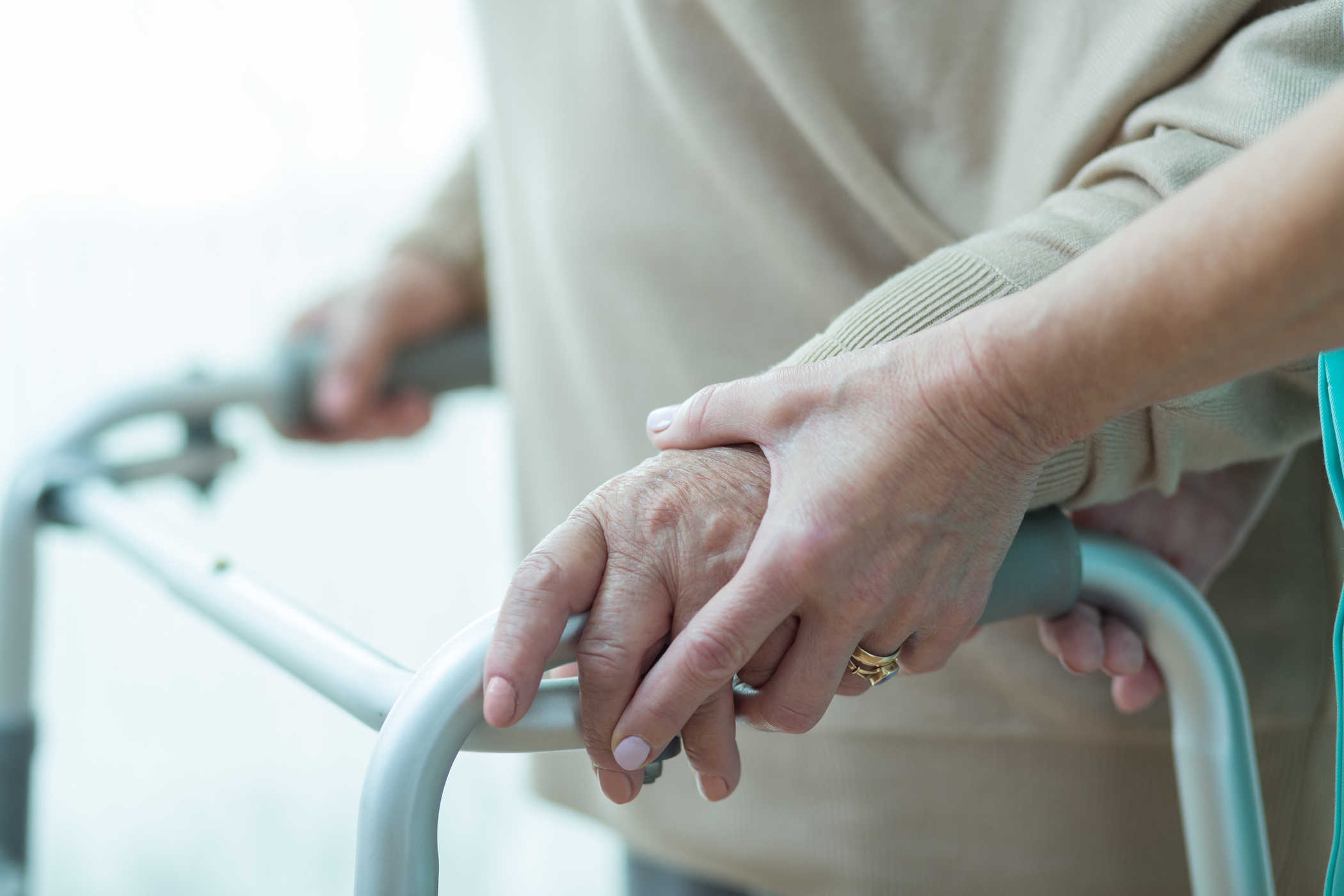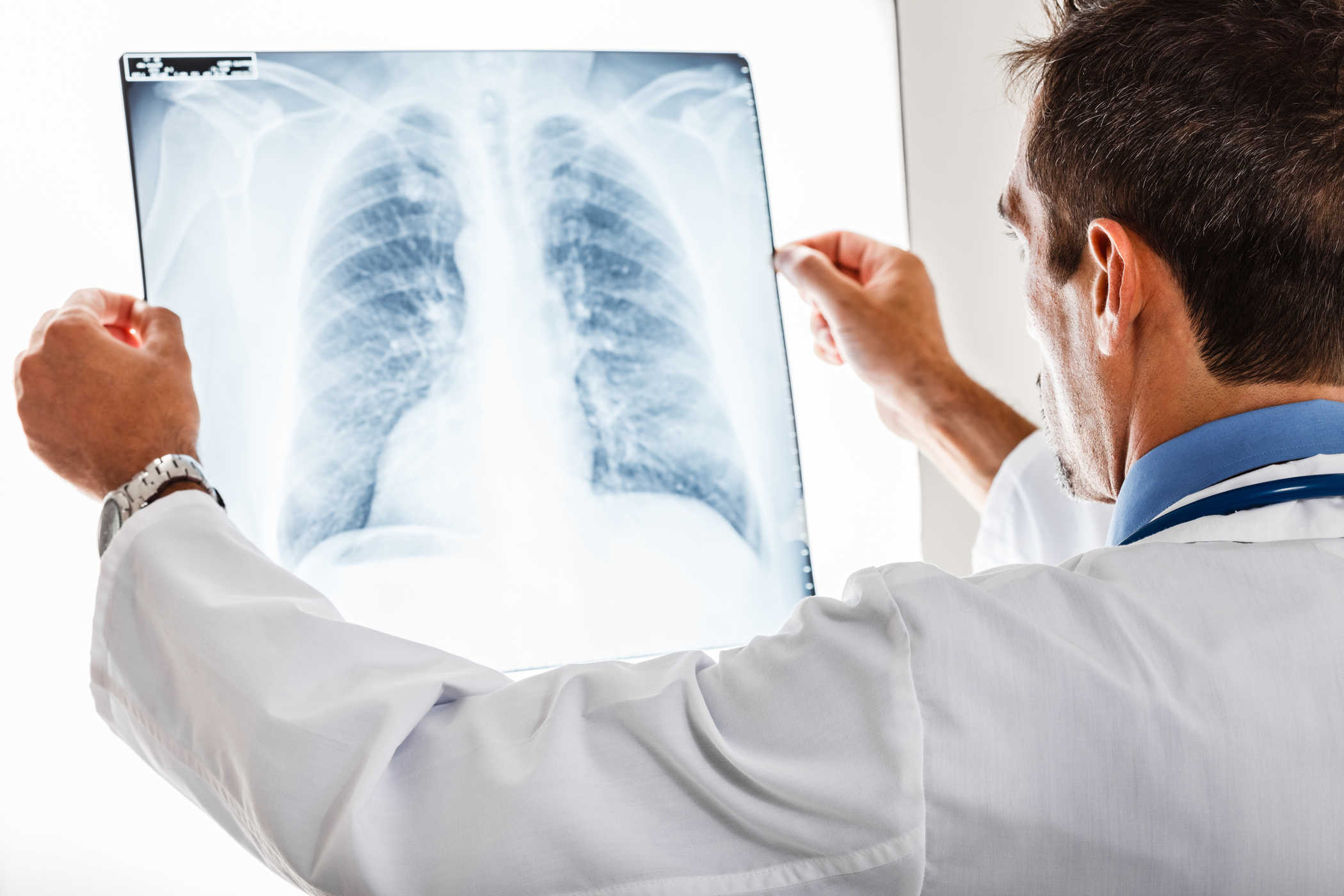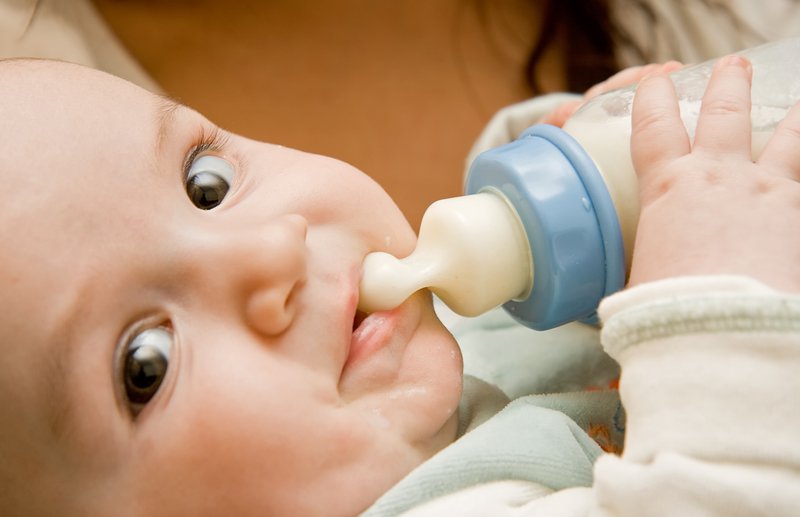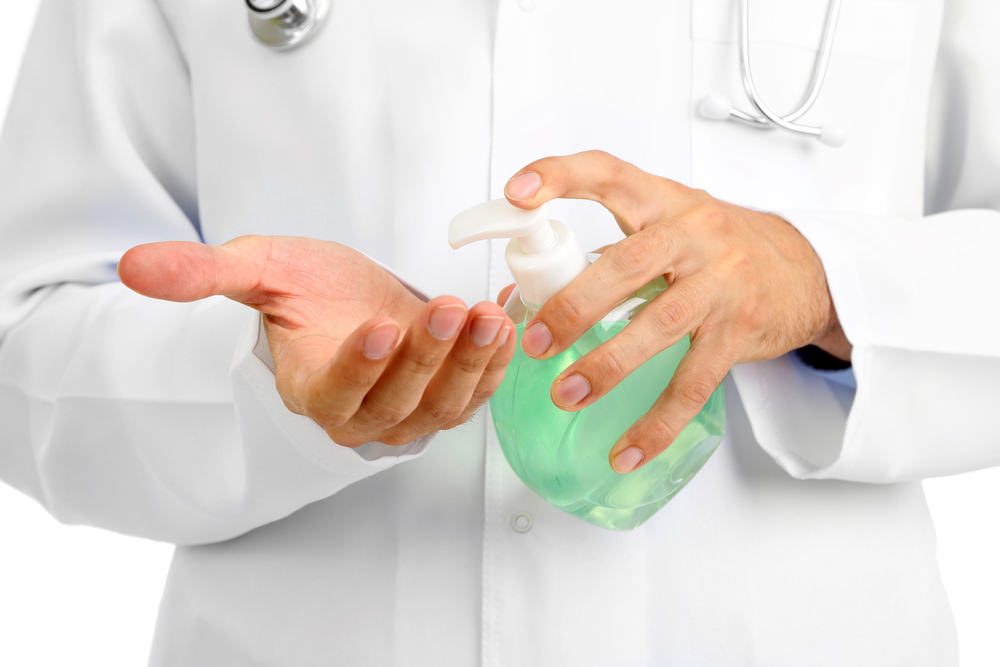Contents:
- Medical Video: Silent aspiration dysphagia causes symptoms risk factor and prevention tips
- What are aspirations?
- Who is at risk?
- Aspiration in parents
- Aspiration in children
- Which causes children to have a higher risk of developing this condition
- How to treat this condition?
- What treatments can be done?
- How do you prevent this condition?
Medical Video: Silent aspiration dysphagia causes symptoms risk factor and prevention tips
Aspiration is a condition of respiratory distress. Some of the symptoms of aspiration are coughing, wheezing, and experiencing a choking-like sensation. So, what is aspiration? Is this condition dangerous?
What are aspirations?
Aspiration is a condition where an object enters your respiratory tract. These foreign objects can generally be food, saliva, or stomach fluids when you vomit food. This is common in adults, infants, and people who have difficulty swallowing or controlling the tongue, for example people who have a stroke.
If you experience this, you may experience a cough. Coughing occurs when the lungs try to clean the substance or objects that enter your airways.
Some people who experience the condition may experience itwheezingdifficulty breathing, or having hoarseness after they eat, drink, vomit, or experience heartburn. You may have chronic aspiration if the condition often occurs.
Who is at risk?
Every person is generally at risk of experiencing the condition of the entry of something into this airway. But there are people who are more susceptible to experiencing this condition because of their physical condition. Some people who are more at risk for this condition are stroke patients or people who have a head injury and are starting to learn to eat again.
Stroke patients generally have difficulty swallowing or chewing food properly because of damage to their nerves. In addition, some cases of aspiration can occur when a person sinks. Water that enters the mouth can also enter the respiratory tract, especially the lungs.
Newborns are generally also at risk of experiencing this condition. This is caused by an imperfect bowel movement that is at risk of experiencing meconium aspiration. This condition occurs quite often. Although the case is not too serious, this condition can also be life threatening.
People with health problems related to difficulty swallowing also have a higher risk of experiencing aspirations. Some of these health conditions include:
- Fainted
- Have lung disease
- Who has dental problems
- Dementia
- Difficulty swallowing
- Having a mental disorder
- Have certain neurological diseases
- Radiation therapy to the head and neck
- GERD
Aspiration in parents
Parents are also more likely to have aspiration conditions known as dysphagia, or difficulty swallowing. This is common in stroke patients and adults with dementia, Parkinson's disease, GERD, multiple sclerosisor other neuromuscular conditions.
Aspiration differs from choking conditions, because airway aspiration is not completely blocked. The air is still flowing, even though it's not too smooth. Even so, food or fluids can cause shortness of breath, pneumonia (specifically called pneumonia aspiration), and lung infection.
Aspiration in children
Symptoms of the condition of the entry of an object into the respiratory tract in children or infants have certain characteristics. The following are signs that you can observe:
- blushing face
- recurrent lung infection
- mild fever after eating
- The suction power of children is weak when drinking from a straw or while eating
Which causes children to have a higher risk of developing this condition
- Children with slow growth due to premature birth
- Down syndrome
- Experience cerebral palsy or neuromuscular disease, such as spinal muscle atrophy
Children who experience aspiration have an increased risk for dehydration, malnutrition, weight loss, and other diseases. Aspiration in children may improve over time, although it depends on the cause. You can minimize the risk of your child being exposed to this condition by:
- Make sure they have the right posture during meal times
- Make more thick liquids to drink according to your doctor's recommendations
- Train your children to swallow
- Changing the type of food becomes easier to swallow
- Avoid giving bottles containing milk / milk to babies who are lying down
In cases of severe aspiration and high risk, your child may need a food hose to ensure they get enough nutrition until their condition improves. Talk to your doctor if you think your child has problems with aspirations. It is important to check with your doctor to ensure that this condition has not become a complication.
How to treat this condition?
Before treating this condition, the doctor will ask if you experience symptoms of aspiration, especially after eating. If there are no symptoms, they may do so, asking you to do a test esophagography barium.
When doing the test, the doctor will ask you to drink barium liquid to see the conditionyour esophagus. When you swallow this liquid, it will appearimages or objects that are thought to exist in the lungs seen through X-rays.
The doctor may also ask for other symptoms that arise, such as fever or chest pain. This question is useful for looking for signs of pneumonia or pulmonary edema. The doctor may also examine other conditions related to swallowing ability or underlying conditions such as GERD.
If the doctor finds a possible aspiration that develops into another complication, he or she will ask you to take a number of tests to see if there is any possibility of food or fluid in your lungs. Some of these tests include:
- Chest X-ray
- Sputum culture
- Bronchoscopy
- Computed Tomography (CT) scan the chest area
What treatments can be done?
The treatment given for this condition varies depending on the cause. Severe cases may require surgery. Surgery performed can aim to make closure flap so the food doesn't fall into your airways.
The doctor can also perform procedures to withdraw substances, foreign matter, or fluids through other suction devices. Before doing this surgery, the doctor may ask you to do some procedures and medical tests first.
How do you prevent this condition?
Anyone can be affected by this condition. Forprevent the condition of the entry of foreign matter into your airways, try doing the following:
- Take a break before starting your meal, don't rush when eating
- Eat food that has been cut into small pieces
- Make sure the food is completely swallowed before drinking water
- Sit upright 90 degrees while eating
- Choose the type of food that is easier to chew and swallow
- Practice the correct chewing and swallowing technique so that it doesn't choke easily
- Visit your dentist regularly, to find out about dental problems that can trigger aspiration conditions
- Avoid using sedatives or drugs that make dry mouth conditions before eating (reduce saliva production).















